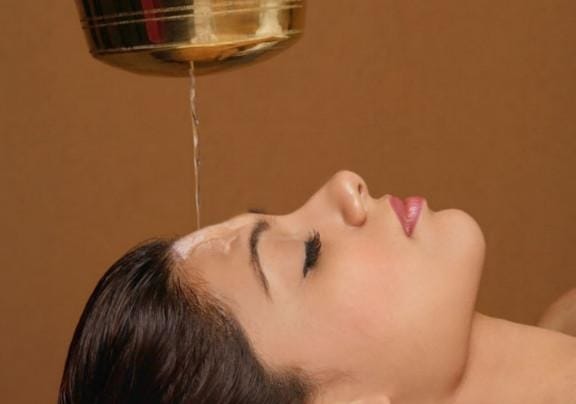Oils have always been used when it comes to traditional medicine and beauty treatments. It has suddenly become mainstream a few years ago when it comes with the hype of organic and all natural remedies, which is a great thing. Oils are great ways to treat the body without adding any strong chemicals. It can give you the necessary nutrients and hydrate the body. However, with so many oils in the market, it can be confusing as to which one is the most ideal for your skin type and skin problems. To make it a lot easier, we’ve asked the experts on the different beauty oils and which one would work best for different problems. Here is a short list of the different oils and their uses.
Olive Oil – Rough Skin
It is completely normal to have some areas of our skin that are rough and at times dark. This is more prominent in areas such as the knuckles, ankle, elbows, knees and fingers. Applying olive oil on the rough patches can help soften them and make it easier to exfoliate. Olive oil has a hydrating quality, so it won’t leave your skin dry. Soak the affected area of olive oil for about 5 to 10 minutes, then rub the ear with a clean cloth or a soft brush. Doing this regularly can help remove rough patches permanently. You can also opt for avocado oil. Both of these oils contain fats that can hydrate and nourish the skin. You can try this remedy twice a week until you get your desired results.
Chamomile Oil – Sensitive Skin
If you have sensitive skin that easily flare-up due to exposure to strong winds, heat, chemicals, humidity and so on. You have to use tools that are soothing and gentle on the skin. If you want to get relief from skin sensitivity try chamomile oil. Chamomile is soothing on the skin and is a great way to reduce irritation due to sensitivity. You can mix it with other gentle oils such as apricot oil to double its soothing ability. Chamomile can help reduce inflammation, flare ups and sensitivity. Use this regularly to see a difference in your skin condition. Other oils that have a minty aroma can be too strong on the skin, if you want to use them dilute them first and do a patch test.
Ylang Ylang Essential Oil – Oily Skin
People that have oily skin are more prone to breakouts than ones that have dry skin. Ylang Ylang essential oil is great for oily skin since it can help reduce oil production and minimize chances of acne or breakouts. Ylang Ylang essential oil also has anti-ageing properties. That’s hitting two birds with one stone. It can help smoothen fine line, improve the skin elasticity and regenerate skin cells. Ylang Ylang also has a floral scent that can be relaxing to the user.
Soybean Oil – Curly Hair
Coconut oil and soybean oil can help enhance the beauty of natural curls. Combining these two oils together can help hydrate the hair and give the curl body. It can also reduce frizz and make the hair a lot easier to manage. The mixture of these two oils will deep condition the strands and penetrate deep into the strand, giving them a more hydrate, shiny and smooth appearance. People with damage hair can also use this mixture in areas where there is a lot damage and dryness. Leave in the mixture for about 20 to 30 minutes and rinse with lukewarm water. Avoid applying any direct heat on the hair such as blow drying or flat ironing to let the hair absorb the moisture.
Argan and Macadamia – Fine Hair
We know oils can help make hair appear heavy and flat, but it can also work by giving the hair more volume. A combination or argan and macadamia oil can give the hair some needed volume and add more texture to fine hair. Both of these oils are light weight and can hydrate the hair easily. You can apply a small amount by rubbing it in your hands and distributing it in your hair before you style it or use it as a deep conditioning treatment. Apply the mixture all over your hair and allow it to sit for about 15 to 20 minutes and rinse off.
An important thing to remember that some oils, especially essential oils can be too strong and can cause irritation of the skin. They will need to be diluted in water. Most oils are natural and would not cause reactions, but for safety you will always have to do a patch test to make sure that you have no adverse reaction to the oil. Apply the oil directly in the forearm, back of the ear or wrist. Wait for about 10 to 30 minutes. If you experience redness, irritation, burning sensation or itchiness – do not use it. Do your own research too, there are certain oils that are not allowed to be used by children, infants, pregnant women and people with skin disorders. So, before you use anything make sure to read about it.
